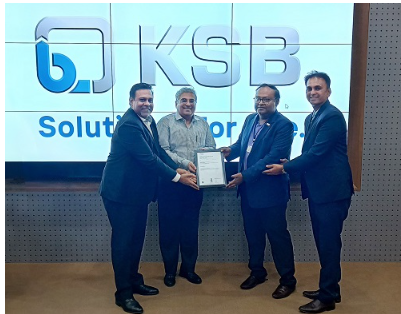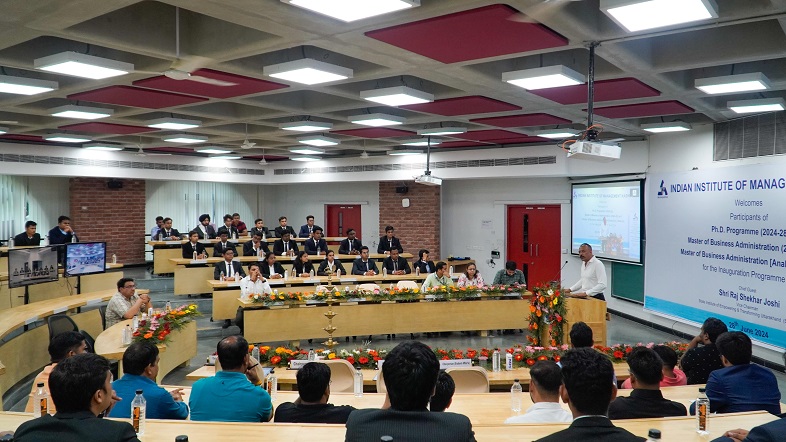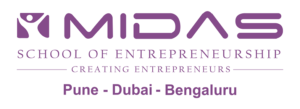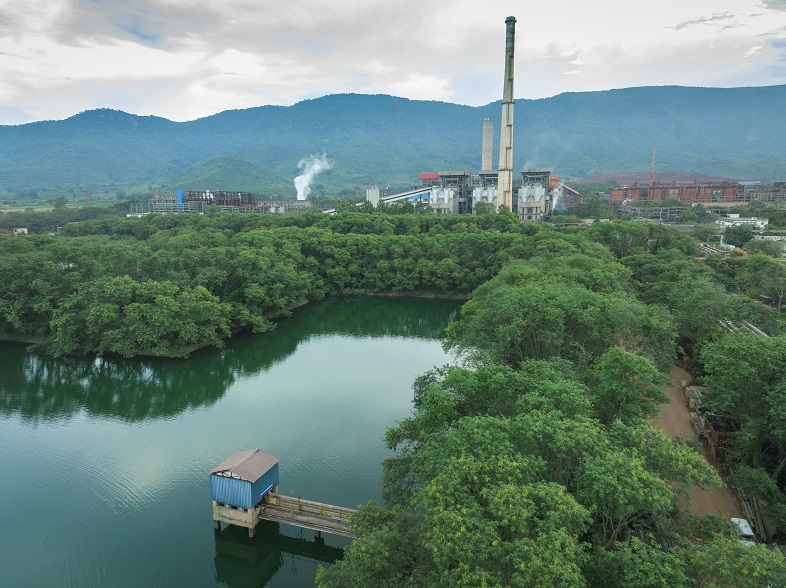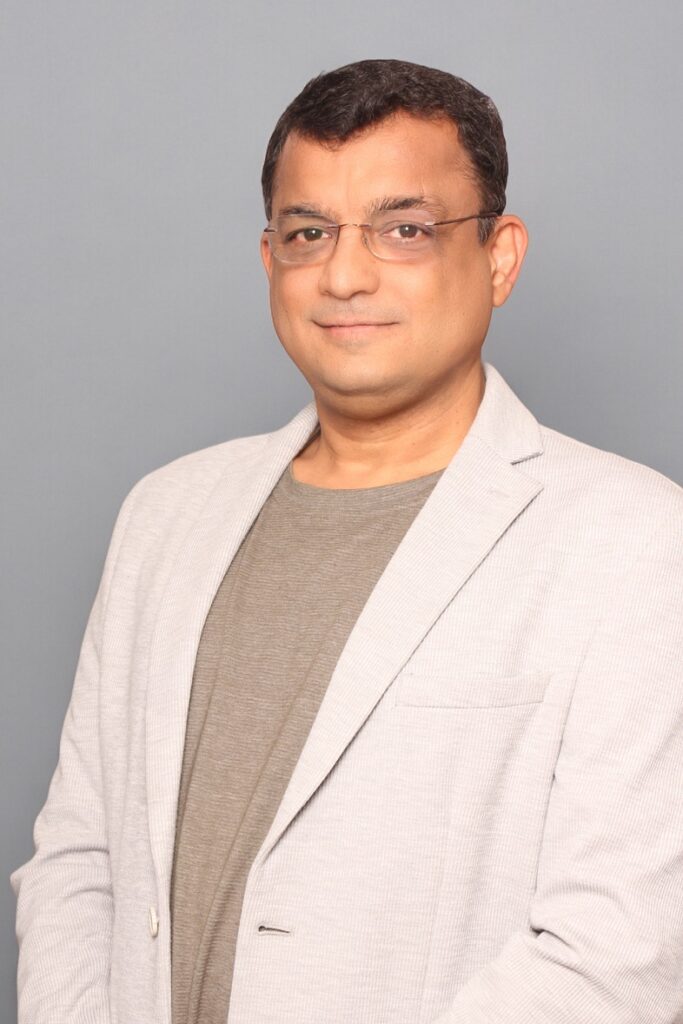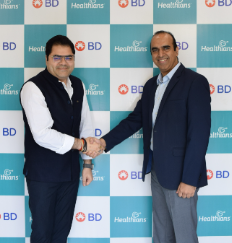
New Delhi, Delhi, India BD (Becton, Dickinson, and Company), a leading global medical technology company, today announced a strategic partnership with Healthians, India’s premier diagnostics service provider, to advance cervical cancer screening by offering an innovative option for women in India to self-collect a sample in the privacy of their own homes.
For women in India, social stigma around getting a pelvic examination, lack of time, embarrassment, fear, and inconvenience are among the key barriers to screening. At-home self-collection can help address the urgent public health challenge of reaching women who do not attend routine cervical cancer screening. The objective of this partnership is to improve the access of cervical cancer screening in India, where less than 2% of women are currently being screened.
Mr. Deepak Sahni, Founder & Chairman, Healthians said, “At Healthians, we envision a world where we’re not just fighting diseases but preventing them. With our HPV self-testing initiative, we’re providing a path to early detection of cervical cancer, levelling the playing field in a battle where time is of essence. With our strong foothold in the market as a Direct-to-Consumer player since our inception in 2014, we believe we are in the best position to bring about substantial awareness on cervical cancer risk screening, offering women a convenient platform to get tested from the privacy of their homes. We stand together in this journey with BD, for a future where the screening of ‘cervical cancer’ becomes a routine affair.”
In 2020, the World Health Organization (WHO) launched its Global Strategy to Accelerate the Elimination of Cervical Cancer, recognizing the potential to virtually eliminate cervical cancer as a public health threat. The strategy established clear targets to achieve by 2030 for HPV vaccination coverage (>90%), screening coverage (>70%) and access to treatment (>90%).
Commenting on the launch, Mr. Atul Grover, Managing Director, BD India/South Asia said, “Cervical cancer ranks as the second most common cancer, however, is one of the most preventable and treatable types of cancer if detected early. The key to prevention and patient safety lies in timely screening. Our at-home self-collection, in partnership with Healthians aims to provide women exactly that – increased access to HPV testing by enabling them to collect a sample in the privacy of their homes. This is aligned with BD’s purpose of advancing the world of health by expanding access to healthcare for superior patient outcomes.”
As per IARC Information Center on HPV and Cancer, current estimates indicate that every year 123907 women are diagnosed with cervical cancer, and 77348 die from the disease. Cervical cancer ranks as the 2nd most frequent cancer among women in India and the 2nd most frequent cancer among women between 15 and 44 years of age. Almost all cervical cancer cases (more than 95%) are caused by persistent genital high-risk human papillomavirus (HPV) infection.
